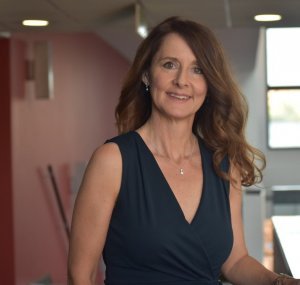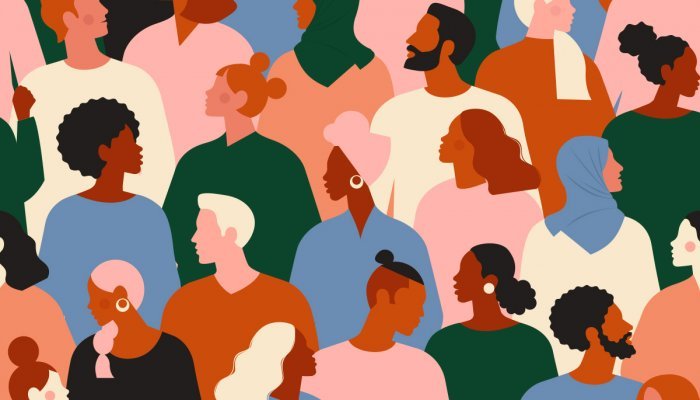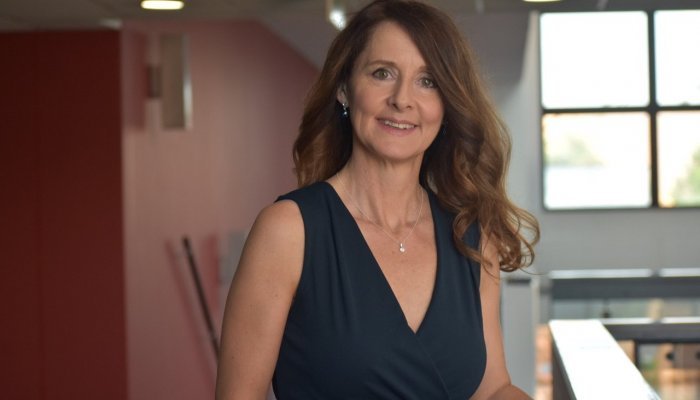Since the 1990s, institutions of higher learning around the world have been grappling with the notion of what is termed ‘internationalisation’ – a focus on building international thinking and multi-culturalism into higher education. As an Africa-based business school, this is both a welcome trend, which speaks to greater inclusivity and diversity of thinking, but it also runs the risk of entrenching die-hard neo-colonial structures. As Jürgen Enders, now with the University of Bath, once observed, “…competition and exclusion are at stake when terms such as ‘globalisation’ are on the agenda.”
Quoting from Ulrich Teichler, Enders reminds us that, “In any event, it should make us suspicious that the most powerful actors, and the most likely winners, praise internationalisation of higher education almost unconditionally, and push aside the anxieties of the less powerful actors.”
Observations such as these make it imperative that African institutions of higher learning approach internationalisation not through the lens of the global north, but rather from the perspective of the dynamic and increasingly important south.
Certainly, this is the view of our interim dean at GIBS, Morris Mthombeni, who has led the charge by making the health and performance of African businesses a strategic priority for the business school.
Africa takes centre stage
Through internationalisation, GIBS hopes to tap into a growing hunger for relevant business insights which, in turn, showcase what Africa has to offer.
As global markets go, Africa has been better placed than many other regions over the past year to deal with the unpredictability of a modern-day pandemic. On this continent, we are adept at meeting the extreme and the changeable with innovative ideas. Covid-19 was, therefore, not a black swan event for our continent but rather another challenge to overcome.
It is for this reason that GIBS is directing its internationalisation efforts towards building a scholarly community of educators focused on learning from Africa’s unique stories – from digital health company, Quro Medical, in South Africa, to the well-known example of M-Pesa mobile money in Kenya. Or the lesser-known fact that South African Breweries sourced some 97% of the resources required in the brewing process from emerging black farmers and small and medium-sized businesses in 2019. We believe there is value in the fact that blood services in Rwanda, Ghana and South Africa are using drones to deliver blood and medical supplies to doctors in hard-to-reach rural areas. And we revel in the attention that Nigerian fintech software provider, Appzone, is receiving currently, having just raised US$10 million in Series A investment.
A business case for Africa
The outside world often sees Africa as a big, homogenised place, but our years of experience working in and researching the continent have attuned our thinking to the unique and diverse nature of Africa. These principles matter when taking a business into Africa, and they matter when understanding the unique complexities of each society and country.
With the African Continental Free Trade Agreement – hopefully sparking greater intra-African opportunities by eliminating tariff and non-tariff barriers for African countries, allowing for the free movement of businesspeople and investments, and creating a single market of more than one billion people – incorporating the continent into any future international outlook is essential. This is particularly true of business schools operating in the African context.
Of course, it remains necessary to foster deep global academic partnerships with acclaimed institutions such as Harvard Business School, with whom GIBS continues to run joint programmes, as well as African and emerging market associations. It is, for this reason, that we have entered into partnerships with the likes of Nigeria’s Lagos Business School, Ghana’s Kwame Nkrumah University of Science and Technology, the China Europe International Business School, which also has a campus in Accra, Ghana, and Zhejiang University’s International Business School in Haining, China. A partnership was also recently entered into with Paris-based business school, IESEG, a relationship focused on research and facilitating faculty and student exchanges.
In addition to student development, the exchange of ideas, and faculty collaboration, these nascent partnerships focus heavily on creating joint case studies and developing case study expertise to get more African stories circulating on the world stage.
South African business leaders have learnt the hard way – through trial and error – that a respectful and collaborative approach to doing business across the greater continent is essential. As Duncan Mbonyana, director of Eskom Enterprises, told author, Dianna Games, in The Experience of South African Firms Doing Business in Africa, “Business on the continent is a relationship, not just a transaction. If you miss the relationship, you will have endless trouble with the transaction.”
That’s how GIBS wishes to partner across the African continent by coming together to create solutions. By building a deep well of contextual intelligence around the continent, sharing know-how and delving into challenges and solutions through thought leadership contributions, journal and academic articles and case studies, it is possible to prepare international businesses for the intricacies of doing business in Africa. But this can only be achieved through listening, collaboration and by leaving egos at the door. The GIBS Responsible Finance Initiative is just one way in which we are creating opportunities to interact, collaborate and network across African borders.
Only by working together can we adequately position valuable African stories, and the insights of African protagonists alongside those from Europe, Asia or the Americas.
A complex tapestry
If GIBS is to achieve its ambition of delivering internationally accredited business education that is relevant to the African context, then it will take more than just academic prowess and key partnerships. For this reason, our internationalisation strategy is underpinned by the quality of our faculty and staff, excellent teaching, strong institutional partnerships, and the ability to attract a diverse student body.
Fortunately, our academic offering, corporate education, digital learning and social development efforts are already well entrenched. Over the years, we have focused on women in entrepreneurship with Georgia Tech on running business management courses with the JPMorgan Foundation, partnered with the Walmart Foundation to research South Africa’s township economies and entrepreneurs, and collaborated with Nottingham Business School through the GIBS Ethics & Governance Think-Tank. More recently, we have begun working with US-based Corteva Agriscience to establish a scholarship-driven programme, designed to train and develop women business owners in the African agricultural sector, to strengthen their impact on the economy and the sector.
Our Centre for African Management and Markets, headed by Professor Adrian Saville, conducts Africa-focused research, explores critical implications such as the role of China in Africa, shares insights on doing business in Africa, and runs the African Leadership Series. Meanwhile, our newly-founded Responsible Finance Initiative serves the mission of empowering economic agents to effectively allocate and mobilise capital in order to meet the development and economic growth imperatives of African nations and regions.
While previously many of our courses, forums, lecture series and conferences were held almost exclusively at our Illovo campus, the past year has seen GIBS embrace the potential to deliver programmes at scale worldwide using digital capabilities. These digital tools bring us closer to our alumni and enable us to strengthen and roll out new chapters worldwide. In 2020, we added the UK and Australia, and next in line are the US, Eswatini and Lesotho. More alumni chapters will follow, allowing us to use cutting-edge technology to bridge physical divides and strengthen essential networks.
The exciting task of strengthening our international activities, advancing our international reach and transforming how African insights, successes and innovations are viewed on the world stage, is a powerful ambition that underscores our academic, social, corporate and digital focus. It is about building world-class connections that recognise what while the world is our oyster, Africa remains our pearl.

KEY TAKEAWAYS
- Internationalisation is a notable trend in academic circles which focuses on being both globally connected and culturally relevant.
- African business schools and academic institutions have a role to play in this movement by driving inclusivity and diversity.
- Partnering with one another and the rest of the world creates a platform for African institutions to challenge entrenched thinking.
- By sharing know-how, case studies and thought leadership contributions, it is possible to prepare international businesses for the intricacies of doing business in Africa.
Charlene Lew is an associate professor at GIBS and the business school’s director of internationalisation. She also serves on the GIBS research committee and the doctoral programme research quality committee. Previously dean of the Damelin International College of Postgraduate Business Sciences, Lew teaches on subjects from behavioural decision-making to behavioural science for business impact.






